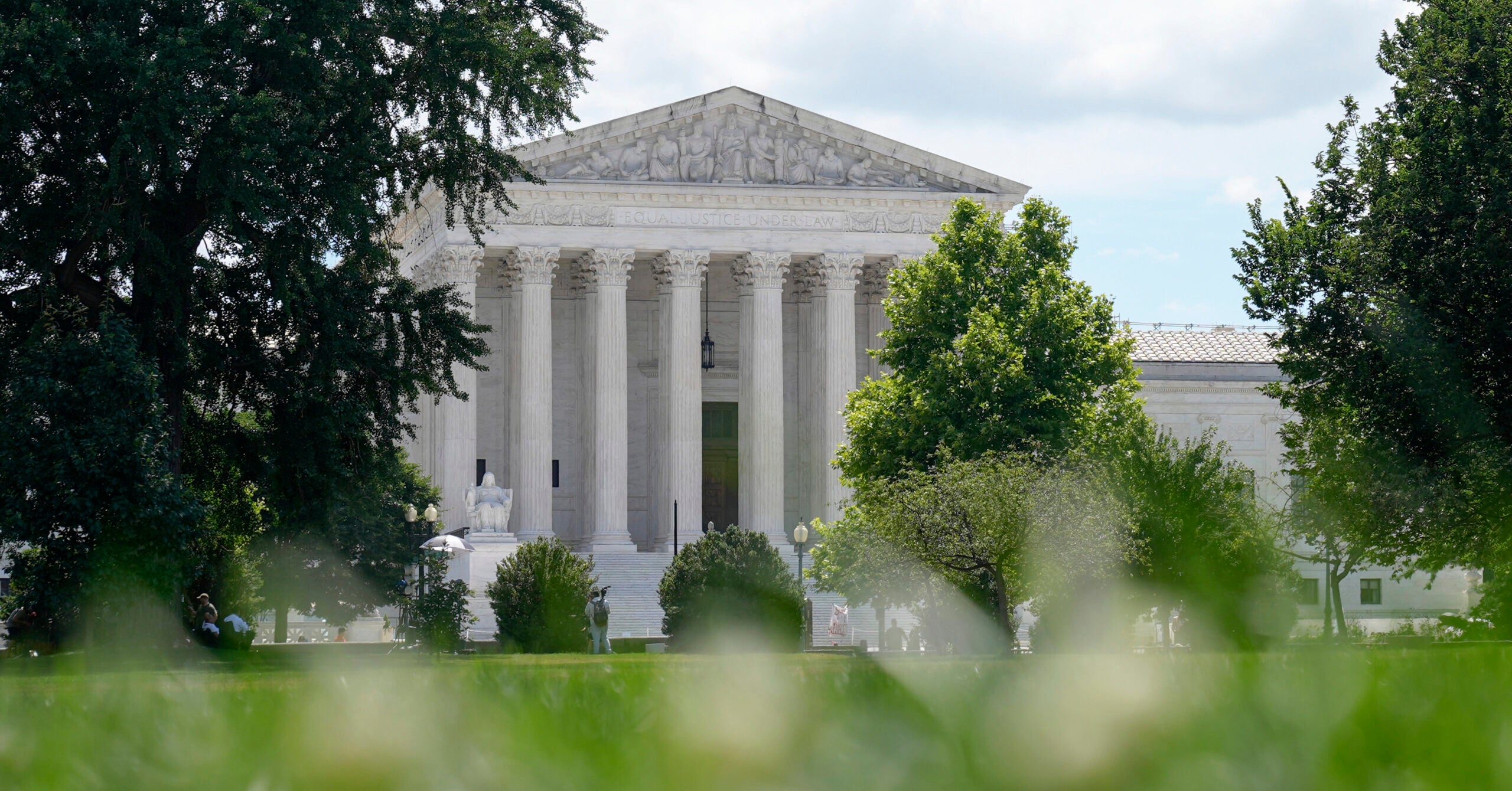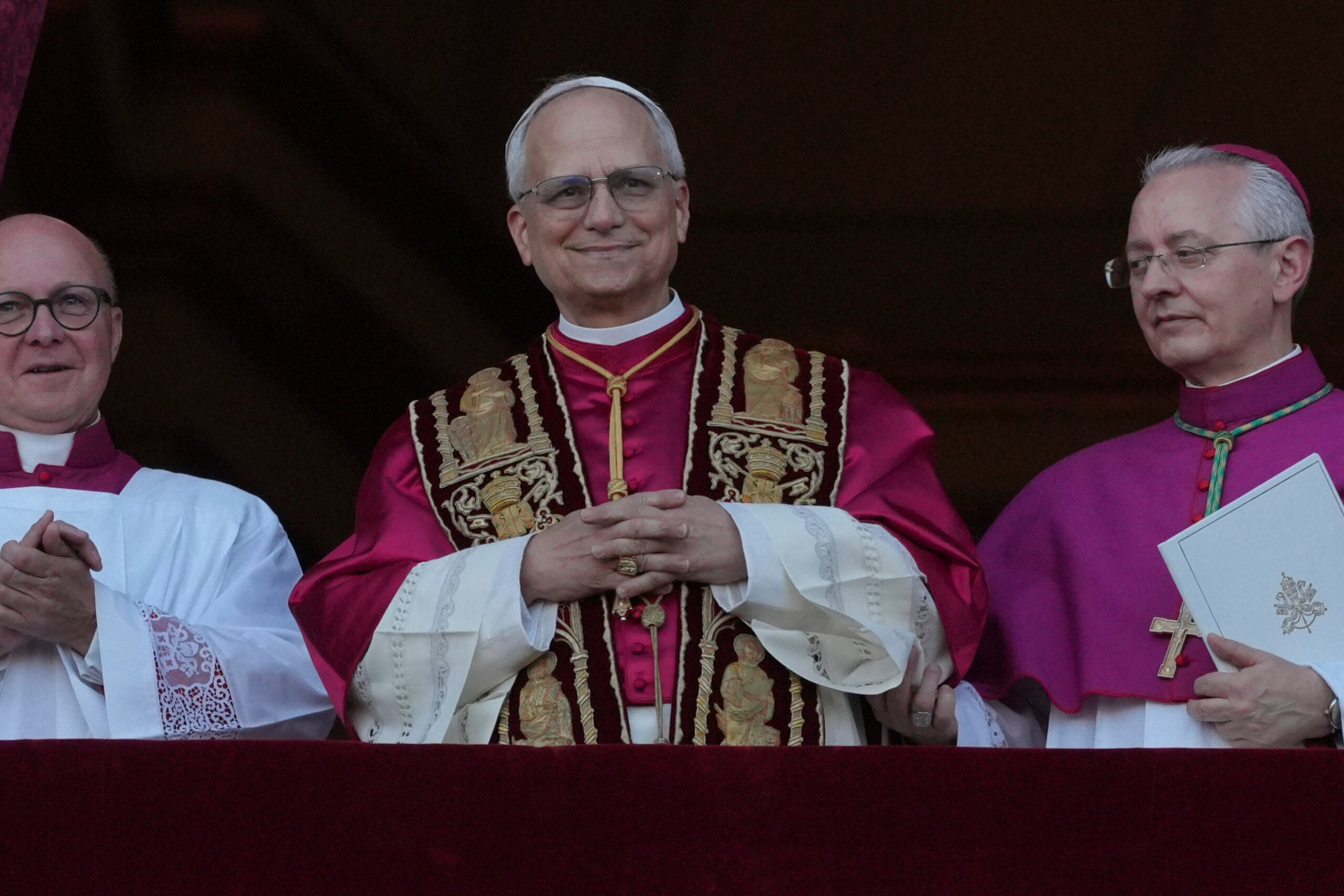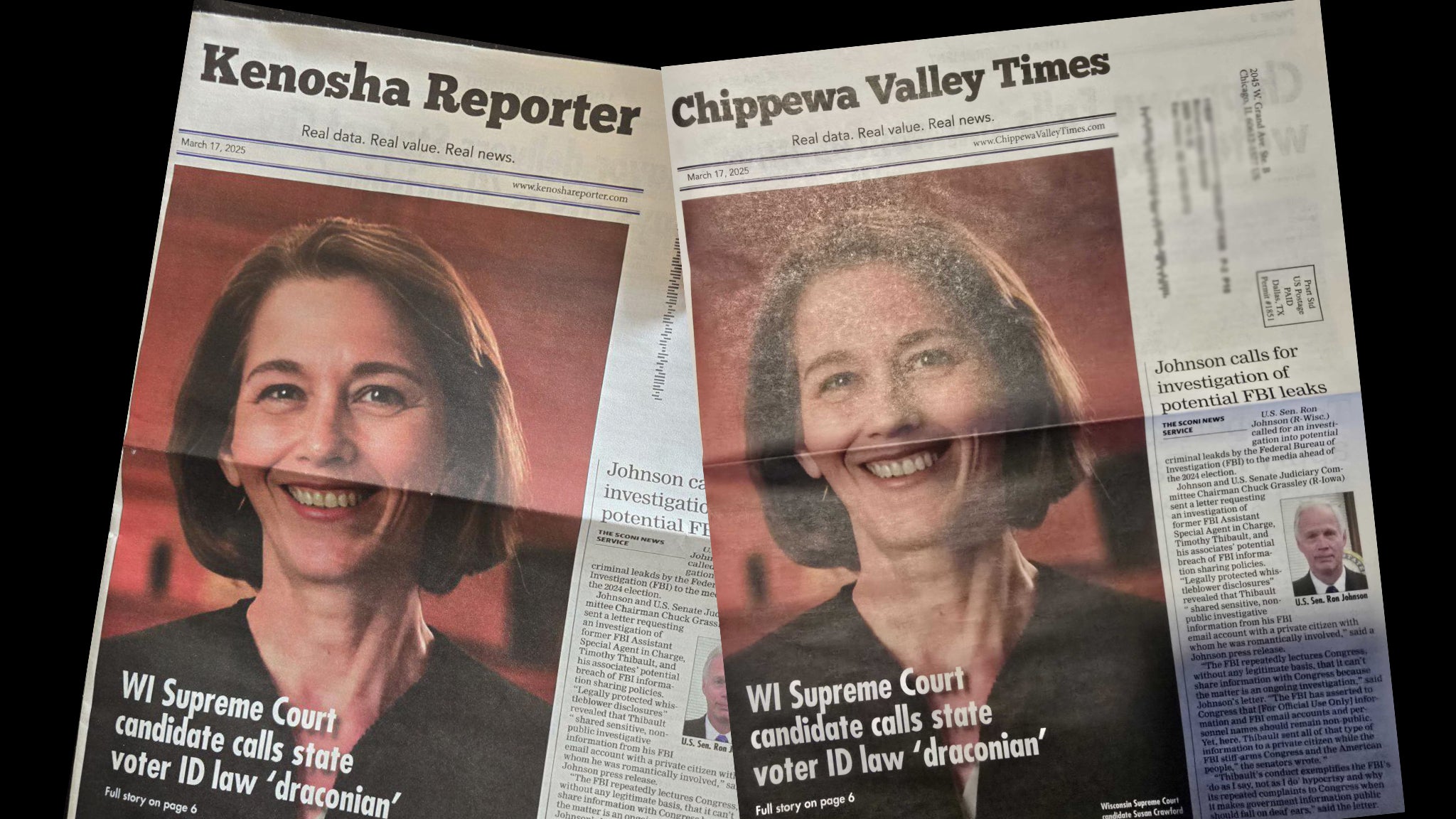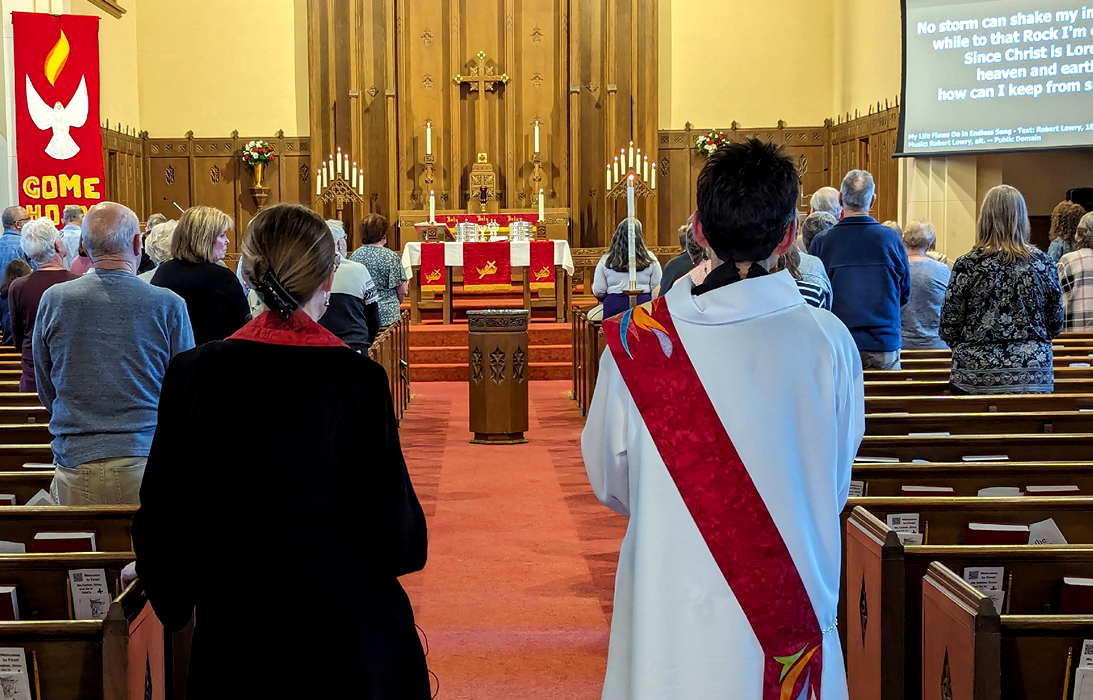Church leaders in Wisconsin say mailings purporting to be a Catholic newspaper are not authorized by the church and are actually political in nature.
The mailings come from an organization funded by conservative mega donors, which also runs multiple websites claiming to be community-based news outlets.
In early October, the Diocese of Madison posted on Facebook that church members reported receiving copies of a newspaper called the Wisconsin Catholic Tribune in their mailboxes.
“This direct mail piece, which is political in nature, is not a publication from the Church in Madison or Wisconsin and the publishers do not have permission in the Diocese of Madison to present their content as Catholic,” said the post.
Similar alerts came from the Sheboygan North Catholic Parishes and Archdiocese of Milwaukee.
An analysis by ProPublica shows the Catholic Tribune mailings have also been sent to residents in Michigan, Nevada and Pennsylvania. It states Wisconsin’s version carried overtly partisan headlines like, “How many ‘sex change’ mutilation surgeries occurred on Wisconsin kids?” and “Haitian Illegal aliens in America: What are Harris supporters saying?”
By comparing tax documents and business filings, ProPublica’s investigation found the papers all tie back to a network of Chicago-based companies, including Metric Media, run by a former TV reporter, which has received funding from conservative billionaire Richard Uihlein, who founded the Wisconsin-based company Uline.
According to research from the Tow Center for Digital Journalism at Columbia University, Metric Media also operates 24 websites in Wisconsin, which frame themselves as community news organizations. They include the Green Bay Reporter, Milwaukee City Wire, Racine Sun, The Sconi and Whitewater Times. A Whitewater Times article posted Oct. 16 contains no byline and features a single resident raising concerns about tax dollars going toward “sex change operations” for children.
News with a little more humanity
WPR’s “Wisconsin Today” newsletter keeps you connected to the state you love without feeling overwhelmed. No paywall. No agenda. No corporate filter.
University of Wisconsin-Madison Professor of Communications Dietram Scheufele said the Wisconsin Catholic Tribune mailings are somewhat similar to what’s called native advertising featured on legitimate news websites. In those cases, he said, articles that look like news content are actually sponsored advertisements.
“So, this is a little bit similar in the sense that we have political players trying to go to voters and saying, ‘See, there’s quality media that are saying X about a particular cause that favors a particular candidate.’ And it’s just taking that same logic, and rather than newspapers placing the ad, this is the ad pretending to be a newspaper,” Scheufele explained.
Scheufele said with the rise and growing sophistication of artificial intelligence, he predicts mailers like the Catholic Tribune will soon be replaced by fake news articles that are specifically tailored to individual voters based on consumer ad tracking and voter registration data. He said rather than mailing a physical copy, the content will be prominently promoted in a user’s Instagram, TikTok or Facebook feeds.
“I would predict that in the next two cycles — the midterms and 2028 — we’re going to see tons of AI-generated content very close to Election Day to sway these last minute voters,” Scheufele said.
He said people who have suspicions about articles purporting to be news or about wild claims made within them should type quotation marks around a specific term or name in an online search engine, which will search for the exact phrase.
But in general, Scheufele said, people should realize political misinformation tends to peak right before major elections.
“The closer to the election it gets, and the more surprising it gets, the less likely it’s true,” Scheufele said.







